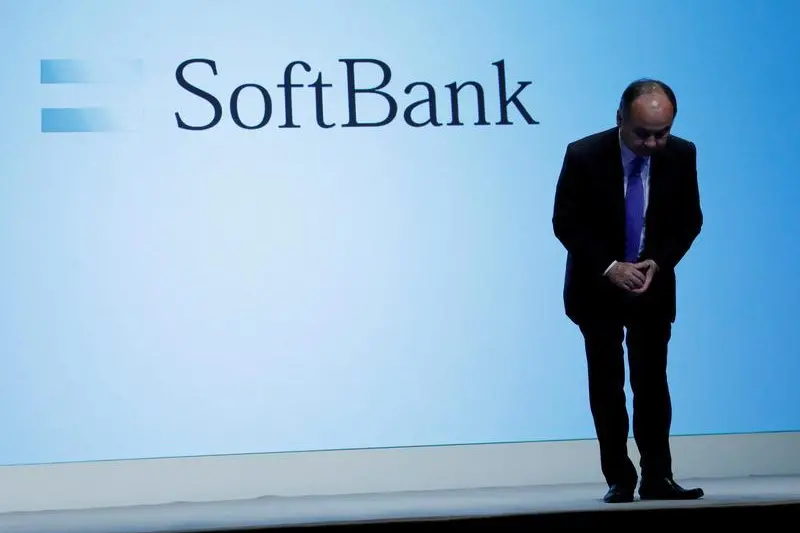PHOTO
HONG KONG (Reuters Breakingviews) - Masayoshi Son’s new approach to dealmaking will shake startups. The boss of Japan’s SoftBank Group will take a more cautious approach to handing out funds from his technology-to-telecoms holding company and its roughly $100 billion Vision Fund in 2020. For stars of food delivery, ride-hailing, and e-commerce with a long path to profitability, it will spur M&A.
The Vision Fund has rewritten the venture capital playbook in the last two years, pumping about $80 billion into around 90 startups and fuelling exorbitant valuations. But the rapid rise and fall of investments, including office-sharing outfit WeWork and U.S.-based dog-walking app operator Wag Labs, have forced Son to reassess his investment process. That probably means fewer fat cheques will be written, especially if he fails to raise a second Vision Fund.
Son’s easy money helped startups lure users and rapidly grow, but it also fuelled unsustainable businesses and cut-throat competition, particularly in Asia. In some cases, rival companies such as Uber Technologies and India’s Ola, both backed by the Vision Fund, have fought head-to-head with one another, burning through cash. If the flood of money turns into a drip, cheap takeaways and taxis will dry up, slowing growth.
Investors with overlapping shareholdings will push for friendly mergers. Lazada, the Southeast Asian subsidiary of Alibaba, would do well by joining forces with Tokopedia, its $7 billion Indonesian competitor, also backed by the Chinese e-commerce group. Alibaba’s biggest shareholder is SoftBank, and the latter's Vision Fund is also an investor in Tokopedia.
Also on the cards is a possible $24 billion alliance between two competing Southeast Asian super-app operators. With Gojek founder Nadiem Makarim moving into politics, his infamous rivalry with Anthony Tan, co-founder of Vision Fund-backed Grab, will be less of a sticking point.
Change is already afoot. Fundraising talks with Indian food-delivery startup Swiggy ended because SoftBank was unclear about whether it would emerge as the sector’s winner, local media reported in August. A $5 billion tie-up with rival Zomato is an alternative. For many, consolidation may be the only way to survive and thrive.
CONTEXT NEWS
- SoftBank Group boss Masayoshi Son has pledged to take a more cautious approach to investing in startups following the sudden collapse in valuation of office-sharing outfit WeWork.
- "We will learn from our mistakes on WeWork, and create solid governance standards regarding business founders," Son said in the Japanese group’s quarterly earnings presentation on Nov. 6.
- SoftBank and its $100 billion Vision Fund invested $10.3 billion in WeWork, which was last valued at $7.8 billion following a rescue deal led by the Japanese group, which was announced on Oct. 30.
(Editing by Una Galani and Sharon Lam)
© Reuters News 2019




















